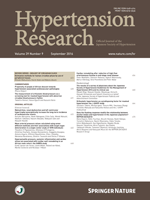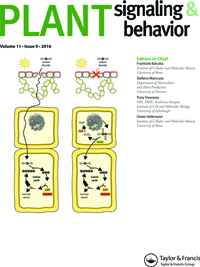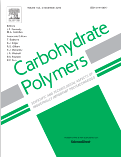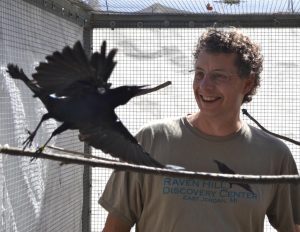 A child psychiatrist has lost two papers after an institutional investigation concluded that she intentionally misrepresented children’s medication history in her research.
A child psychiatrist has lost two papers after an institutional investigation concluded that she intentionally misrepresented children’s medication history in her research.
In November 2015, we reported on a retraction for Mani Pavuluri in the Journal of Psychiatry & Neuroscience following a probe at the University of Illinois at Chicago, her institution, which concluded that there was a “preponderance of evidence” that Pavuluri had committed misconduct.
After an “unanticipated event” took place during a study, three studies by Pavuluri were halted and a letter was sent out to 350 research subjects, informing them of errors in the work. At the time, the Illinois spokesperson noted that Pavuluri — who, according to her LinkedIn page, is a Distinguished Fellow of the American Academy of Child and Adolescent Psychiatry — was also asked to retract two 2013 studies in the Journal of Affective Disorders. Those papers have now been retracted, noting that Pavuluri “intentionally and knowingly” misrepresented children’s medication history.
Here’s the retraction notice for “Deficits in emotion recognition in pediatric bipolar disorder: The mediating effects of irritability:” Continue reading Child psychiatrist flagged for misconduct loses two more papers
 A second paper about a major randomized trial in Japanese patients with heart disease is being retracted, after an investigation reportedly found multiple problems with the paper.
A second paper about a major randomized trial in Japanese patients with heart disease is being retracted, after an investigation reportedly found multiple problems with the paper.
 A few months ago, an author
A few months ago, an author 


 Our email alert acted up again this morning, so some readers may have missed the first post of the day, about a controversial topic: e-cigarettes.
Our email alert acted up again this morning, so some readers may have missed the first post of the day, about a controversial topic: e-cigarettes.
